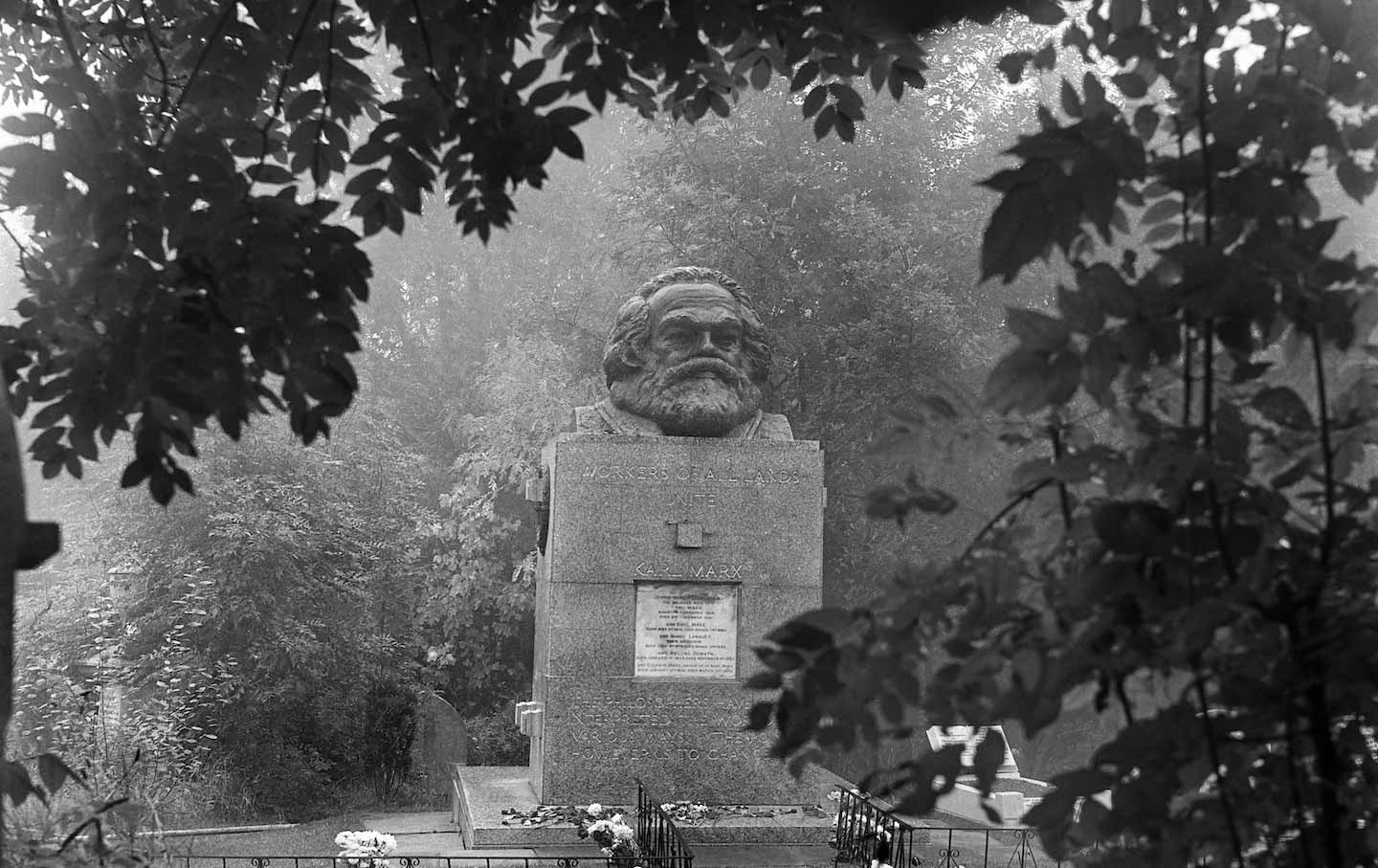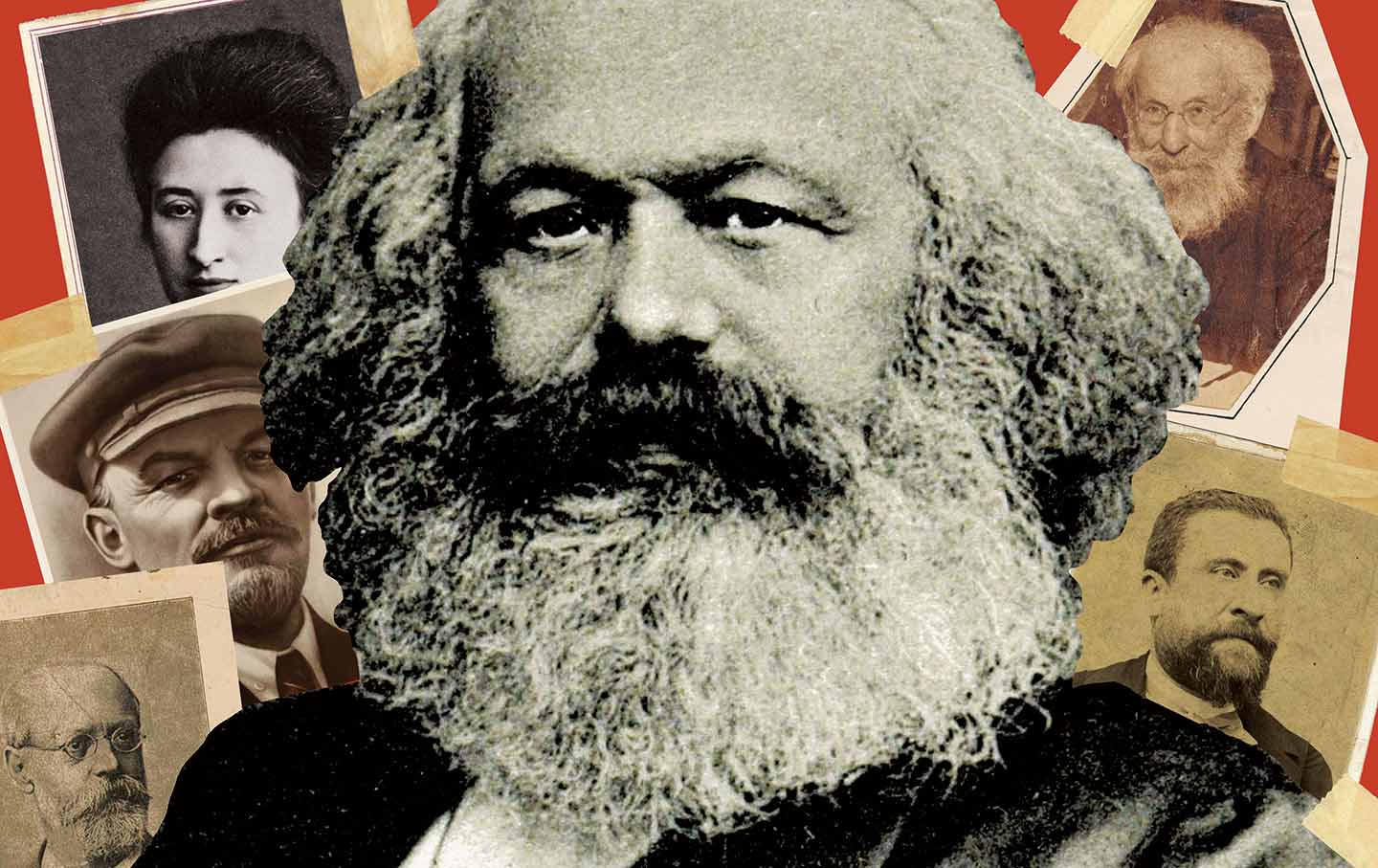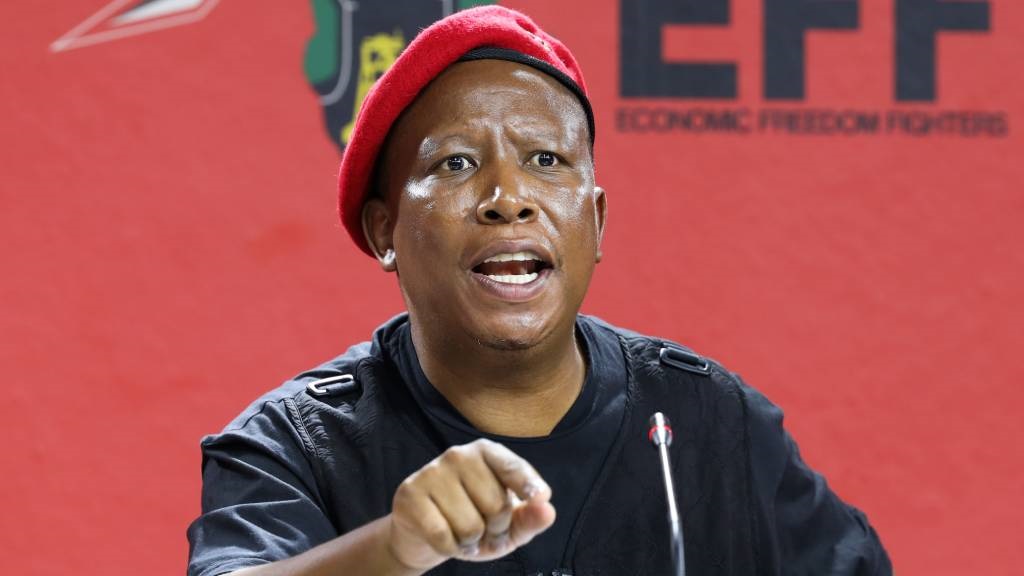





Over the past few weeks, South Africa has been experiencing growing political unrest, with Julius Malema at the forefront [6453dfbb]. Malema, the head of the Economic Freedom Fighters (EFF), advocates for Marxism and has been calling for the seizure of private property without compensation and the nationalization of industries [6453dfbb]. His goal is to dismantle South African capitalism and transform the country into a socialist state, following the principles of Marxism [6453dfbb]. Malema's rhetoric has targeted certain classes of South Africans, particularly white farmers, and has even called for their deaths [6453dfbb]. This has resulted in a surge in violence, with numerous murders of white farmers in South Africa [6453dfbb].
In addition to the political unrest, corruption has become a significant issue in South Africa, as highlighted by Malema during the election buildup in Mpumalanga [2322116f]. He criticizes the African National Congress (ANC) and emphasizes the prevalence of corruption in the region [2322116f]. The intertwined issues of Marxism and corruption have profound implications for the future of South Africa [6453dfbb] [2322116f].
Julius Malema, leader of the EFF, accuses President Cyril Ramaphosa of reversing the economic gains made by Nelson Mandela, Thabo Mbeki, and Jacob Zuma [ff6c0d07]. Malema argues that Ramaphosa has single-handedly undone the progress made in the last few decades, particularly in terms of black economic empowerment (BEE) [ff6c0d07]. He asserts that under the leadership of Mandela, Mbeki, and Zuma, the economy was thriving and black South Africans had more opportunities for economic participation [ff6c0d07]. Malema also emphasizes the importance of coal to the economy, stating that without it, Mpumalanga would suffer greatly [ff6c0d07]. He argues that coal is essential for South Africa's economy and that the country contributes very little to global pollution [ff6c0d07].
This article explores the early days of Marxism and the role of key figures such as Eduard Bernstein, Karl Kautsky, Lenin, Jean Jaurès, and Rosa Luxemburg [b3000df3]. The author argues for a new appraisal of Bernstein and his reformist wing in a more favorable light [b3000df3]. The article discusses the sociological and biographical aspects of Marxism, highlighting the personal lives and experiences of its party leaders [b3000df3]. It also examines the tension between theory and practice in Marxism, the influence of Engels on the development of Marxist thought, and the debate over socialist revisionism [b3000df3]. The author concludes by reflecting on the legacy of Marxism and the power of ideology in political life [b3000df3].
This article by Harold Vazquez discusses Soren Mau's book, 'Silent Obligation: A Marxist Theory of the Economic Power of Capital,' which provides a unique entry into the social and economic dimensions of modern Marxist thought [7a6c5732]. Mau explores Marx's theory of power and the concept of silent compulsion in capitalist relations of production [7a6c5732]. He argues that economic power dominates social life and plays a major role in the 'social reproduction' of capitalism [7a6c5732]. Mau rejects crude economic determinism and presents a flexible type of Marxist theory [7a6c5732]. He examines the impact of economic power and 'power hierarchies' in the workplace, criticizing neoclassical economists' understanding of power [7a6c5732]. Mau highlights the alienation and domination present in capitalist societies and the need for a society free from silent coercion [7a6c5732]. The article concludes by emphasizing the importance of continuing Marx's work and critiquing contemporary capitalist life [7a6c5732].
The common theme in these inputs is the impact of Marxism, corruption, and political unrest on South Africa. These issues are deeply intertwined and have significant implications for the country's future. The story highlights the advocacy of Marxism by Julius Malema, the rise in political unrest and violence, the prevalence of corruption in South Africa, and Malema's accusations against President Cyril Ramaphosa regarding the reversal of economic gains made by previous leaders. The story also emphasizes the importance of coal to the South African economy and its contribution to global pollution. It further explores the early days of Marxism, the role of key figures, and the tension between theory and practice in Marxist thought, as discussed in the article [6453dfbb] [2322116f] [ff6c0d07] [b3000df3] [7a6c5732].